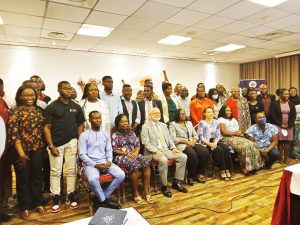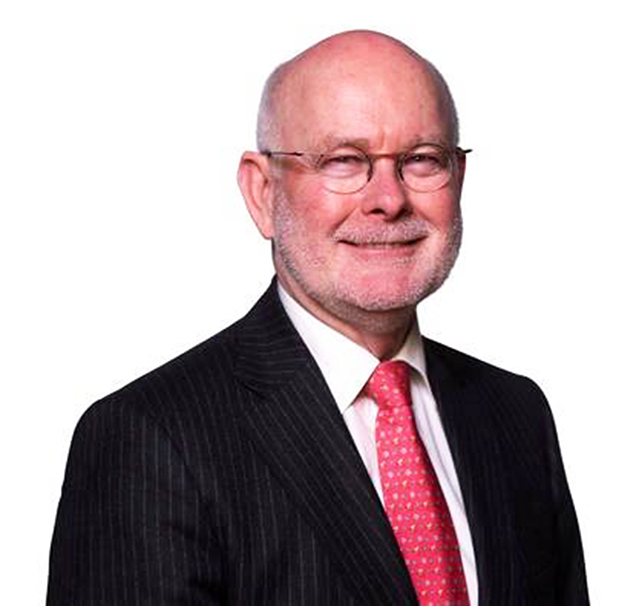
The Dutch Ambassador to Ghana, Jeroen Verheul, has hinted that development assistance to dependant nations was declining, as most donor countries and development partners had shifted their focus to investments and business promotion.
According to him, the new shift was driven by the depletion of funds available to development aid, as well as countries like Ghana becoming economic prosperous. “You will see that development aid for those countries has reduced. My country [The Netherlands] is an example of that… we are phasing out development programmes, and we are moving more towards promoting trade and investment.”
The Ambassador was speaking at the opening of a two-day workshop for the validation and submission of Civil Society Organisations (CSOs) Shadow Report, under the United Nations Universal Period Review (UN-UPR), held in Accra on Tuesday this week.
H.E. Verheul observed that aid depletion, which had widely been discussed as donor fatigue, was a new trend in the international arena, and it had also changed the roles of respective envoys.
He adds: “It is an important trend to take into account, because it changes the role of embassies; it changes the role of states, because we are no longer donors; we are no longer development partners, but we are to come in as investors and promoters of trade.
“So that changes our position also, viz-a-viz to government and viz-a-viz civil society. It also changes our role as duty bearers because I was talking about state as duty bearer.”
He urged that while this new trend was taking centre stage in the international space, and it was important that human rights issues were incorporated in the turn of events.
According to him, since the new trend would involve private companies, it was the duty of the government to ensure that human rights, especially child labour, forced labour, and migrant labour were protected. He reiterated that the role that the various actors would play to promote human rights in business was key.
In that respect, the Ambassador added that The Netherlands was supporting various initiatives in Ghana targeted at promoting businesses, entrepreneurship, youth employment, the rights of women and girls with disabilities, media safety among others to contribute their quota to improving the human rights situation in the country.
He stated that the other trends making waves in the international scene were declining of democracy, and the national and regional dynamics of human rights.
In this regard, he pointed out that The Netherlands remained concerned about the situation, and in particular, the position of vulnerable and minority groups in Ghana.
According to him, despite Ghana accepting 212 recommendations in the previous Universal Periodic Review (UPR) cycle, there were still some issues of overcrowding in the prisons, women under represented in politics, abuse of minority groups, questions of the safety of journalists, and many others that urgently required attention.
In his view, it was not enough that Ghana has ratified human rights conventions or accept them, since “human rights are beautiful when they are written on paper, but they must also be implemented.”
On the part of the UNICEF Representative in Ghana, Ann-Clair Dufay, she commended the government for collecting data and creating an enabling environment for the several reviews.
She, however, encouraged Ghana to intensify the effort to end all forms of gender-based violence against children and women.
Jonathan Osei Owusu, Executive Director of POS Foundation, organisers of The Netherlands sponsored workshop, said lots of data and links would be attached to submissions that the CSOs would make to the UN for this cycle of review. He happily said CSOs had caused the government to use the UPR recommendations to effect some developmental changes.
Mr. Owusu told the participants that the UPR was not an event, but a process that after the recommendations were made the CSOs shouldn’t go to sleep in order to pursue the country to implement them. He also expressed worry over the lack of interest on the part of the state for not making a representation during the workshop.
The UPR
The Universal Periodic Review (UPR) is a unique process which involves a review of the human rights records of all UN Member States. The UPR is a State-driven process, under the auspices of the Human Rights Council, which provides the opportunity for each State to declare what actions they have taken to improve the human rights situations in their countries and to fulfil their human rights obligations.
The shadow report is part of the UPR process, where actors other than the state are afford the opportunity to submit situational report of human rights. This is to avoid misrepresentation of facts by member states.










